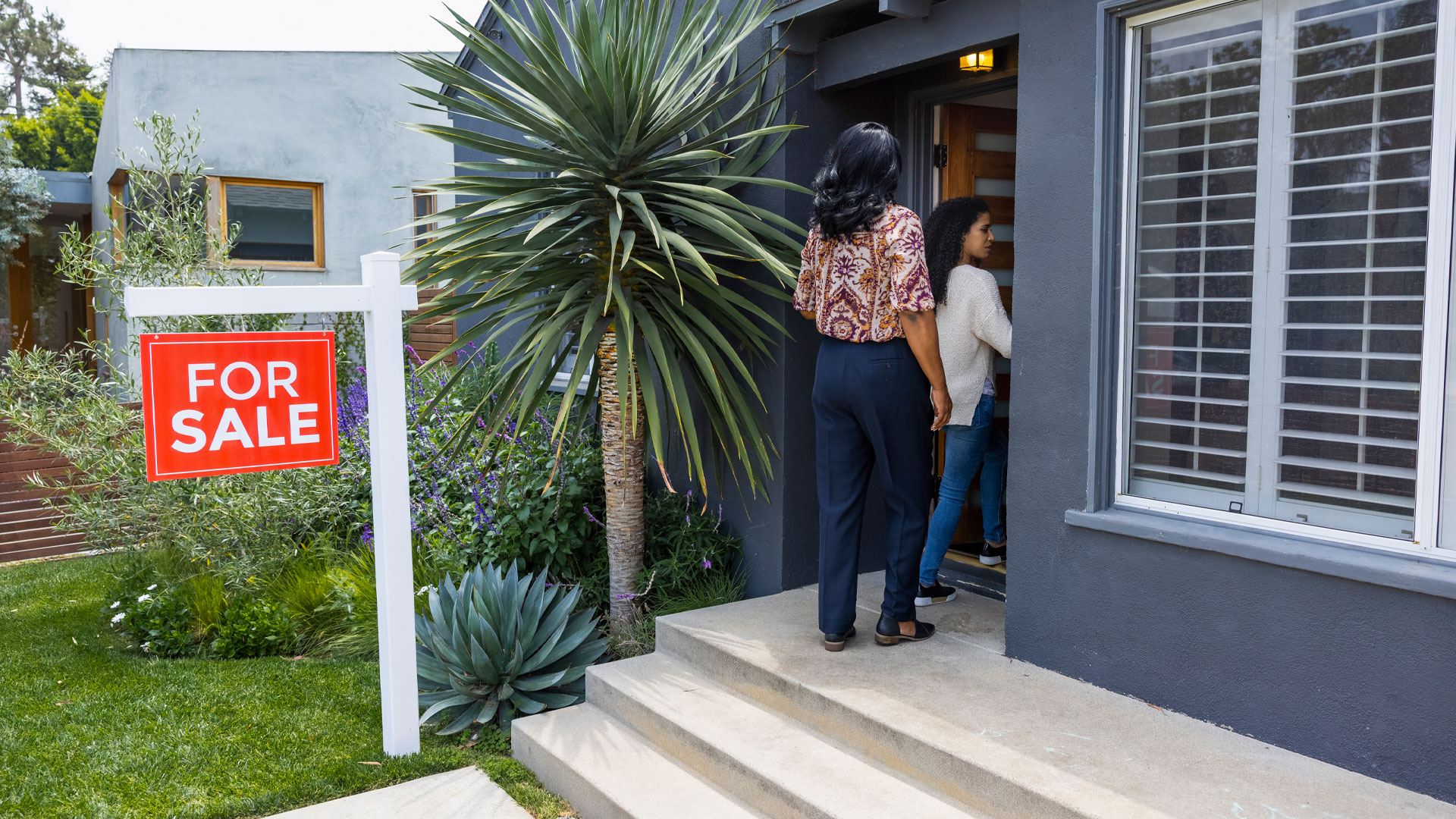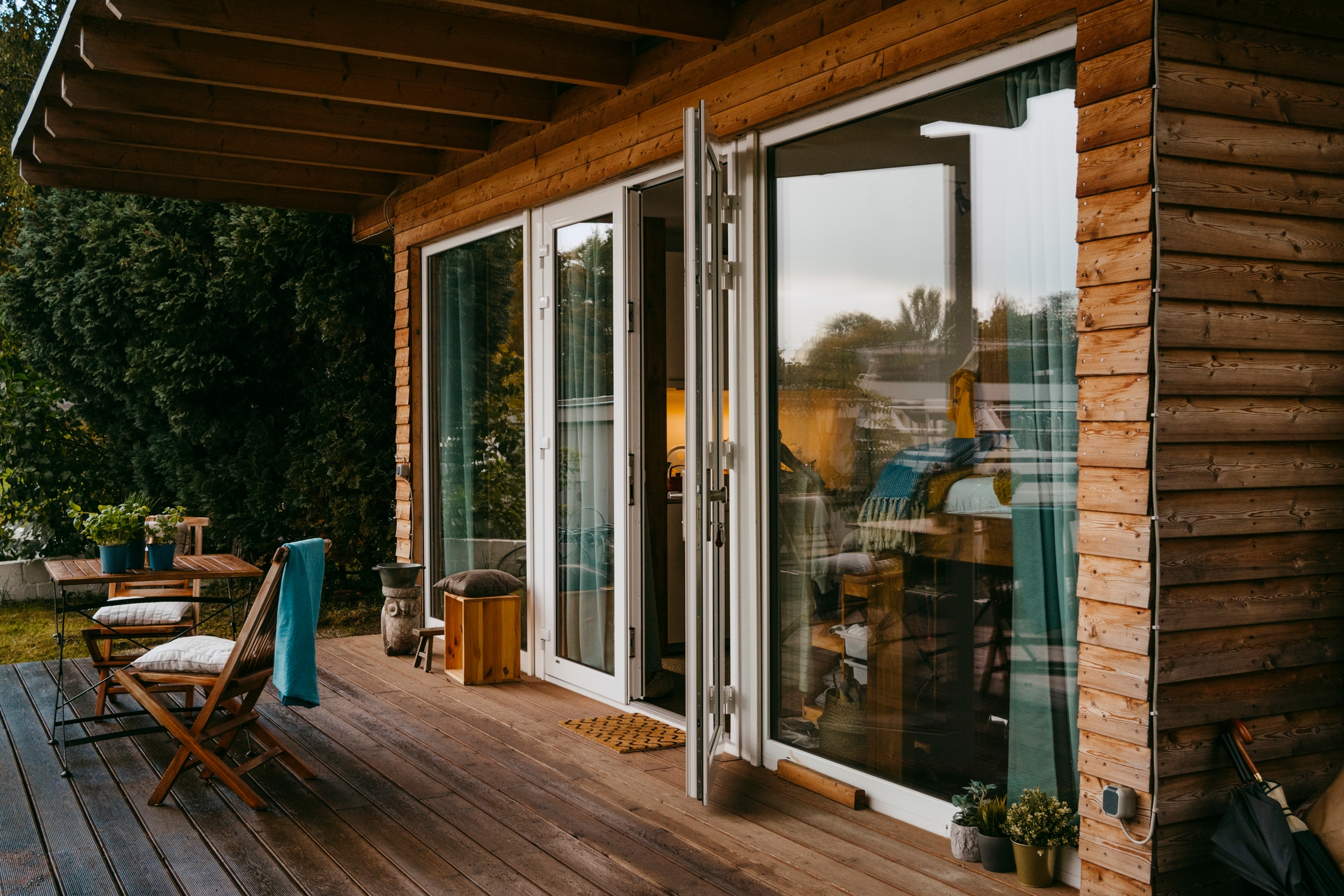Selling guide
Setting a sale price: how much is your house worth?
Nailing the price tag on your property

Before you set a price for your home, you’ll want to do a bit of homework. Getting it right is all about finding that sweet spot, high enough to get the return you want, but not so high that you scare off buyers.
Here are some tools to start gauging your house price, whether you’re selling through an agent or privately:
So, how much is your house actually worth?
If you’re selling a home in New Zealand, this is probably one of the first questions that comes to mind, and it can feel like a tough one to answer. Unless you’re a seasoned property pro, knowing where to begin can be tricky.
Your home is likely your biggest financial asset, so of course you want to get top dollar. But set the price too high, and you risk buyers not even stepping through the front door.
Here’s how to work out a realistic and competitive price, whether you’re selling privately or through an agent.
Tips for Working Out Your Home’s Value
1. Start with free insights
Head to Property Insights and look up your property. You’ll find:
- Rateable values (RVs)
- Price estimates
- Sales history
- Nearby comparisons
You can also see what similar homes in your area are worth, giving you a decent ballpark for where your place might sit.
2. Stay up to date with the market
NZ’s property market can shift quickly, so it’s worth keeping tabs on trends. Regularly check trusted property news sites or local real estate reports for your area, these give useful insight into demand, buyer behaviour and price movements.
Your own research on the property market will play a large part in setting your sale price.
3. Scope out the competition
Keep an eye on properties in your neighbourhood that are up for sale, especially those that are similar in size, style and condition. Take note of:
- Their asking prices
- How long they have been on the market
- Whether they’ve sold or been withdrawn
- Any features or upgrades that make them stand out
This will help you gauge what buyers are currently willing to pay and spot any gaps or opportunities to boost your home’s value.
If You're Selling with an Agent
Get a free appraisal (before you sign anything)
Most real estate agents will offer a free, no-obligation appraisal. They'll assess your property, compare it to others they've sold recently, and give you a pricing range based on their experience.
It’s a helpful starting point, but keep in mind:
- It’s not an official valuation
- The figure may be broad rather than exact
- Agents are hoping to win your listing, so may be optimistic in their pricing
If you’ve got a minimum price in mind, let the agent know early. That way, you’re both on the same page from the outset.
Finalising your price after hiring an agent
Once you’ve chosen your agent, one of your first jobs together will be setting the final asking price. They’ll guide you based on:
- Local sales data
- Your home’s condition and features
- The method of sale (e.g. auction, negotiation, tender)
You can also choose to get a registered valuation at this point, to add confidence to your chosen figure.
Your agent should be able to help with questions you have around sale prices.
If You're Selling Privately
Going it alone? You won’t have an agent to lean on, but you can still access plenty of helpful info.
- Ask agents for price guidance (some will still offer advice, even if you’re not listing with them right away)
- Research similar sales in your suburb
- Consider getting a professional valuation
Read more about the need-to-knows when selling privately.
Getting a registered valuation
A property valuer will visit your home and provide a detailed report that considers:
- The size and layout of your home
- General condition and any maintenance needs
- Land type and title
- Construction and materials
- The surrounding neighbourhood
- Proximity to amenities, schools and transport
It’s not free, but it can be worth it for peace of mind, especially if you’re navigating the sale process solo.
Bottom line:
Whether you’re listing with an agent or selling privately, doing your pricing prep properly sets you up for success. A well-researched sale price helps attract serious buyers and gives you a strong foundation for negotiation.
It doesn't need to be complicated. Let us help ease the process.
Find out more*We hope this article has provided some helpful information. It's based on our experience and is not intended as a complete guide. Of course, it doesn’t consider your individual needs or situation. If you're thinking about buying or selling a property, you should always get specific advice.
Author
Advice & Tools
Search
Other articles you might like










